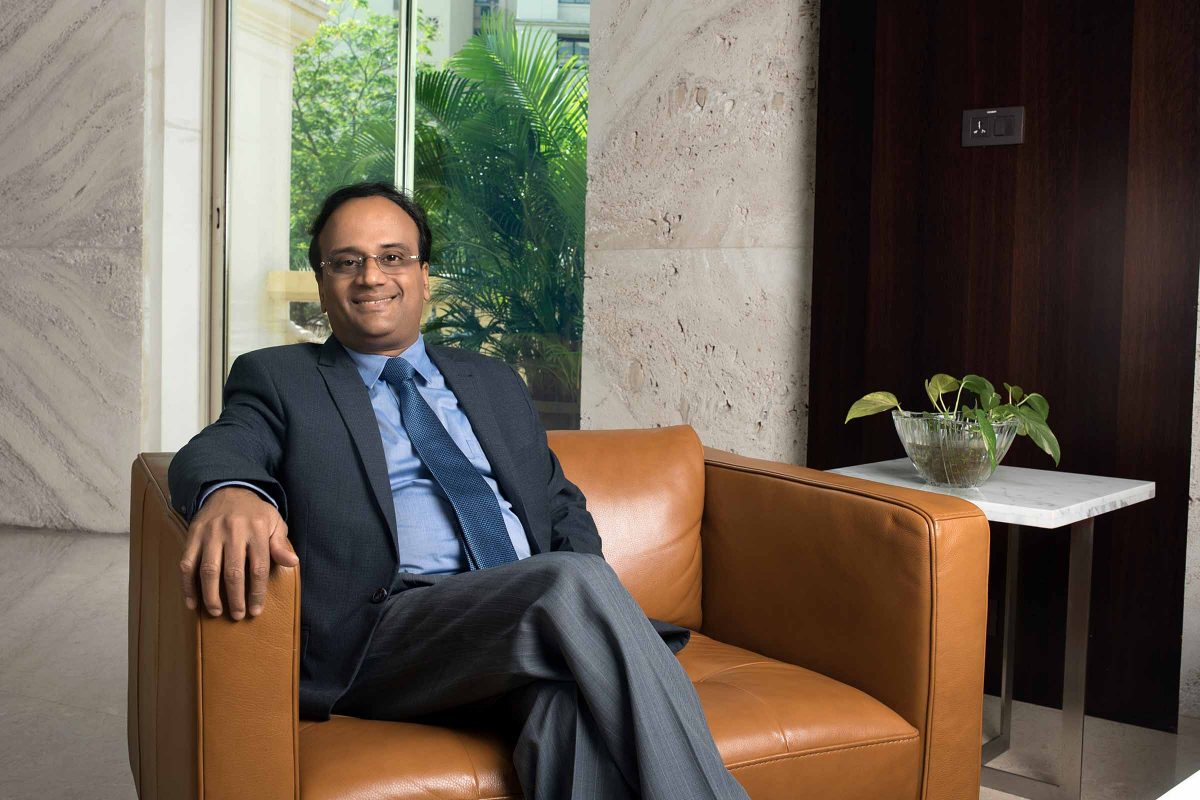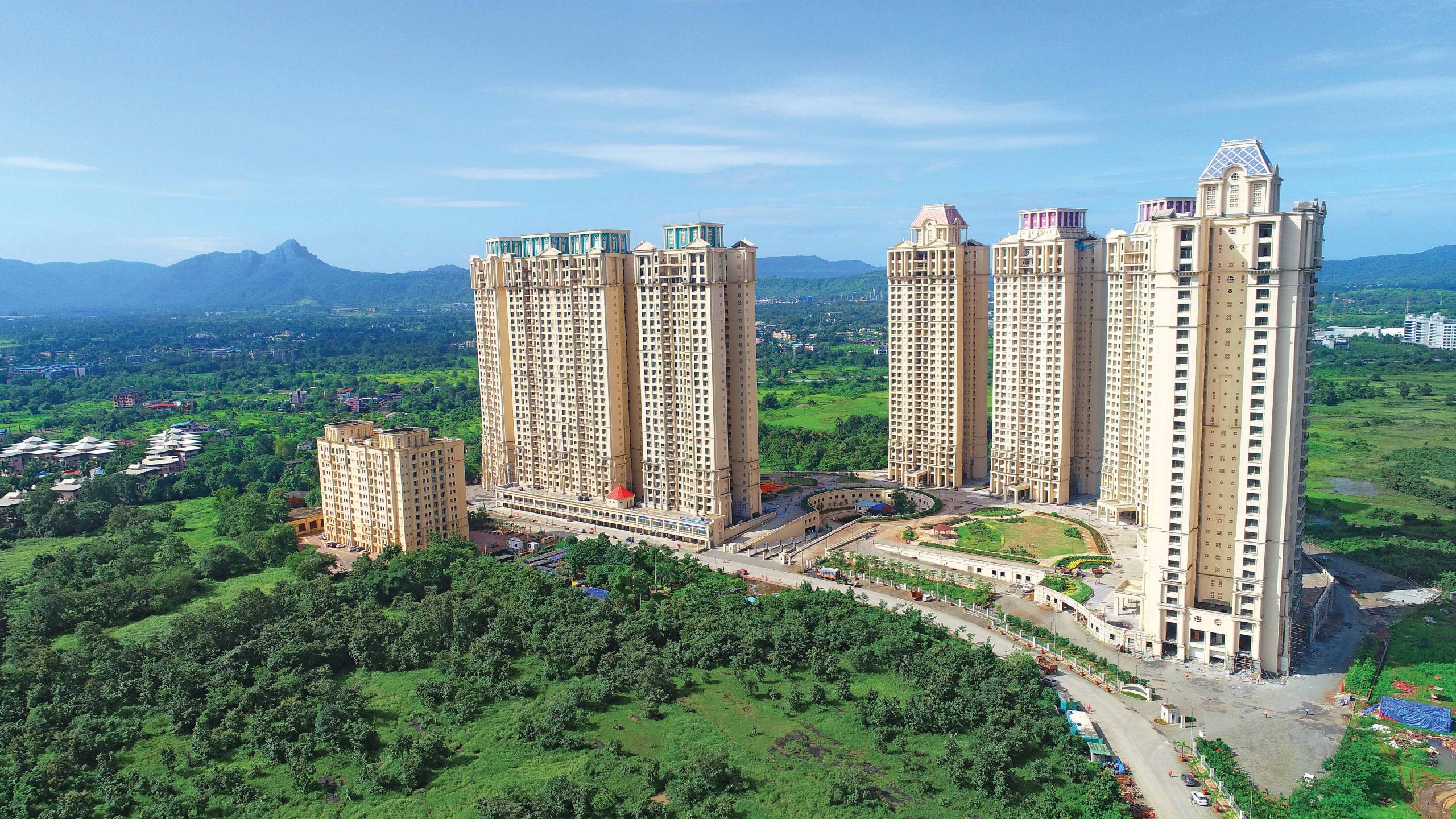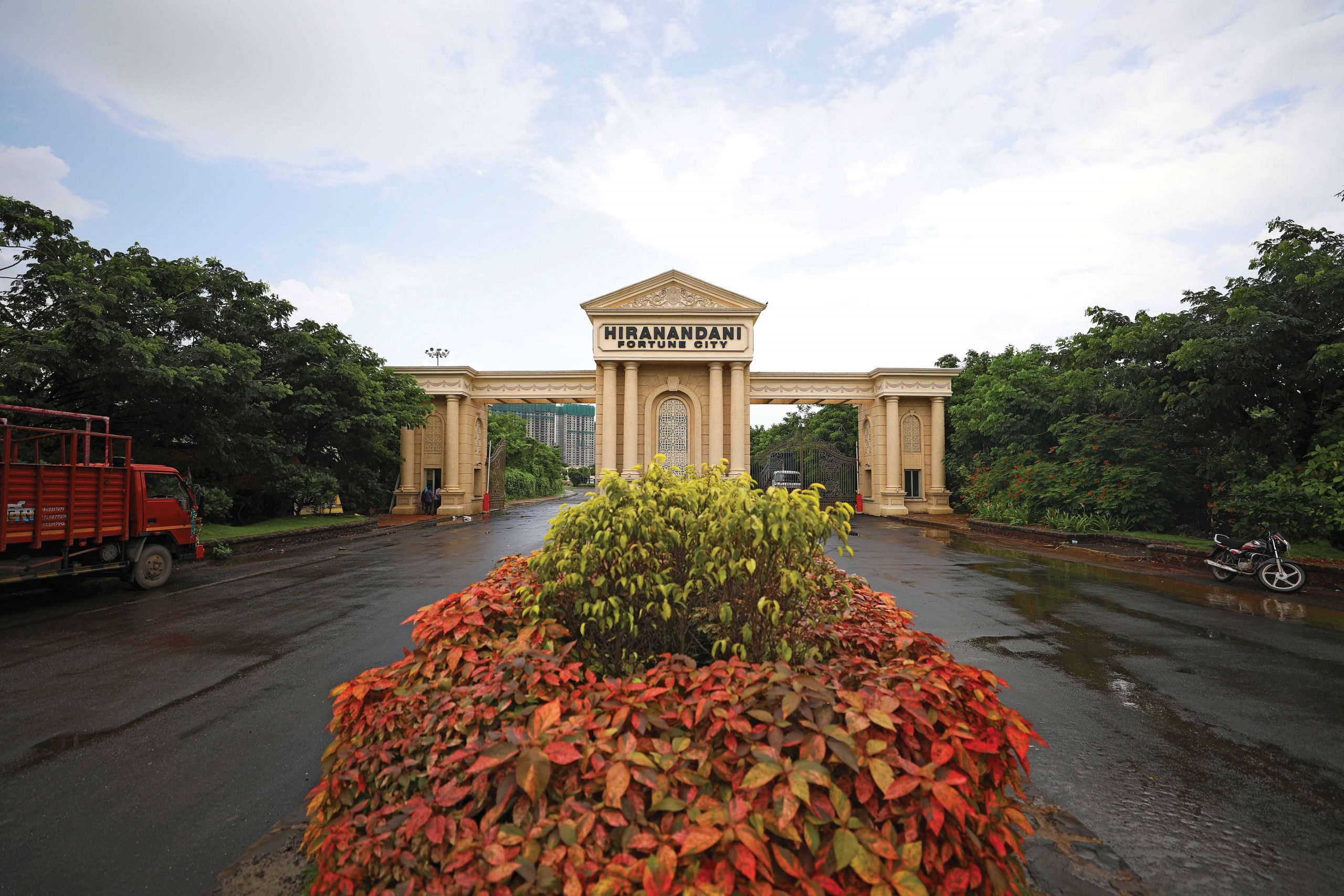With more than 1.42 billion inhabitants – an increase of a billion in less than 60 years – India will overtake China to become the most populous country on Earth in less than two years. Projections by the World Bank predict the number will grow to 1.64 billion by 2050.

And, despite the tragic ravages of COVID-19, the economy is set to grow by more than 4% over the next four years as the government scrambles to action infrastructure projects in major cities to cope with the demand for housing.
It has committed to constructing an incredible 20 million affordable houses by next year, and is ploughing billions into its Smart City Project, a colossal initiative to build 100 high-tech communities with the help of the private sector.
It’s no wonder then that the real estate market is expected to be worth more than US$1 trillion by the end of the decade and account for over 13% of the country’s entire gross domestic product.
And right at the forefront of the investment boom is the Hiranandani Group, one of the biggest developers on the subcontinent. Group Director and CEO – Infrastructure Shridhar Narayan argues that it’s not just the number of people that’s changing. “India is becoming more aspirational,” he tells The CEO Magazine.

“More than 50% of the population is under 25, so everything is changing culturally. COVID-19 has taken the sheen off some of the progress, but it has also accentuated a shift to new technologies. Older people are getting used to the digital transformation. I even see middle-aged ladies, who used to go to the shops, clicking to order groceries.”
The opportunities have led to a surge in private equity real estate investments, peaking at US$8.8 billion in 2018, according to property research firm Knight Frank. But Indian firms aren’t being muscled out by the multinationals, partly due to another government scheme. “The manufacturing sector has experienced huge growth because of the Make in India movement,” Shridhar explains.
“It led to a spike in indigenous technology and real estate infrastructure, and it will shape India into a place of excellence in the next few years, where local companies thrive and internationals realise that we’re a very competitive place to set up factories.
Hiranandani was co-founded in 1978 by self-made billionaire Niranjan Hiranandani and his brother Surendra. The duo bought 101 hectares of land in the Mumbai region of Powai to develop into a township. Since then, the company has become renowned for building high-quality residential and industrial communities, winning many architectural awards.
The most famous is Hiranandani Gardens in Powai, an upmarket collection of condominiums, penthouses, a shopping mall, schools and offices set amid thousands of trees and lush lawns. “We put a whole township up and no-one who lives there wants to leave because they love it so much,” Shridhar beams.
Creating communities
One of the jewels in the company’s crown is the exclusive township of Thane, north-east of Mumbai, a vibrant art deco- and neoclassical-style smart city of 7,000 residents overlooking the beautiful Yeoor Hills and Ulhas River. Its 120 residential blocks, boutique shops, business parks, swimming pools and schools are set amid landscaped gardens. Many see it as a template for the hundreds of housing projects currently being planned across India.
“It’s also the most sustainable in the whole Mumbai area with beautiful gardens, walk-to-work offices, green energy and environmentally friendly building materials. “We always strive to give shape to people’s aspirations, to enhance lives through innovation, providing world-class infrastructure and smart utilities. The reason we’re so successful is that we create homes, industrial premises and educational facilities that have enduring value and are loved by residents.”
Indeed, it’s that customer satisfaction that Shridhar values most of all and has enshrined in the company’s values. “We pursue a philosophy of customer delight in every aspect. They will be delighted by the cost, the design, the engineering and the fact it’s delivered on time and to budget,” he asserts.
“We always achieve long-term value for all our stakeholders in the businesses we operate. Right from the start, we established ourselves as developers of top-quality infrastructure.”
It was at Powai in 2016 that Shridhar oversaw the largest private equity deal in Indian real estate, an agreement with Canada’s Brookfield Asset Management to sell 42 hectares of office and retail space for US$1 billion. The offices are fully leased by tenants including Deloitte, Tata Consultancy Services and Nomura Group.
India is becoming more aspirational.
Today, one of Hiranandani’s major focuses is high-spec offices packed with cutting-edge technology. “We have plans to build on close to 140 hectares of portfolio assets in the next five to seven years, with the emphasis on innovation and excellence in design. That means sensor-based logistics, biometrics and touch screens, but still optimised for cost efficiencies,” he shares.
“We use smart technology to identify subtle nuances that improve customer experience that the customers themselves wouldn’t even see. We could just do plain, vanilla deals, put up every building exactly as it is on the plan, but we use our experience and know-how to make them so much better for the same price.”

Shridhar joined the company in 2015 with a clear brief to accelerate major acquisitions and to reorganise and structure the growth of the real estate platform. He incubated and created a pan-India platform called GreenBase for industrial and logistics infrastructure business, a major diversification strategy for the group.
The plan is to bring in new investors to construct 112 hectares of factories, warehouses and offices. “The main driving force behind our success is our employees. They really are like family to us, and we make sure we always have a great working environment where everyone feels a shared responsibility for every project,” Shridhar says.

“I created a rule that everybody, whether they’re the head of asset management, sales, leasing, operations or approvals, comes together as one to make it a success. We preach the acronym TEAM, which means ‘together everyone achieves more’.”
And as the country expands its infrastructure to cope with another 200 million citizens, there’s going to be a lot more to achieve.
Proudly supported by:



